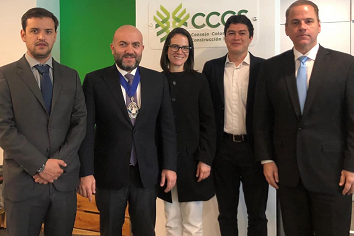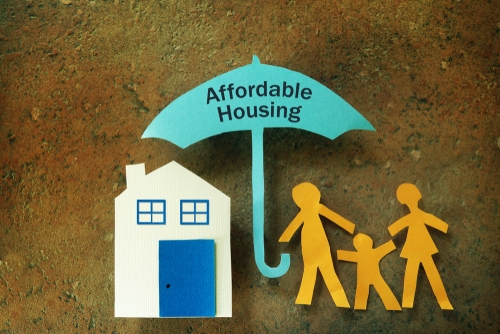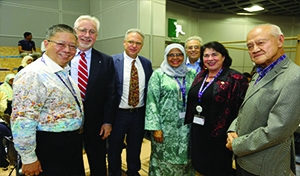

Benefits of working with successful WEG managers
Dear friends and acquaintances from FIABCI around the planet,
More than 50 years ago, I started managing condominiums in Germany as a very small mini-entrepreneur. During the first five years of my “great” entrepreneurial career I only made losses. I was able to survive because my wife had a steady income. I didn't have any administrative know-how. The lawyer I was friends with also had no idea about practical condominium management. We worked our way into this area together. For years, trying to fulfill the wishes of my owners as best I could. I've made a lot of mistakes in the process. And then I bought management companies at high risk, the owners of which no longer wanted to do this tedious job. My profit margin from the pure administration fees was, after deducting a small salary for me, close to 0%.
And then came FIABCI. And the conferences. In Oslo, during the FIABCI conference, I met an American from California. We had breakfast together, and it turned out that he also managed homeowners' associations. I cried out to him that my earnings were so low. We then told each other what possibilities there were to create additional income beyond the administrator fee (in accordance with the law). And we've done nothing but think about it all day. Lo and behold, almost none of the additional income he earned would have been possible in Germany. When I got home, I started to implement what we discussed and thought up. A few years later, my business was highly profitable. The company made real money. Although still not with the administration fees because they can hardly be improved in the small-scale market.
"Most administrators believe that they can get big fees from big communities. And that's why big communities are fiercely competitive. And that's why big communities pay cruelly low fees. And that's why you really only make little money from big communities.
Many companies that build themselves also have their own administrative departments. They are mostly run without profit because they are more used to satisfy the buyers of apartments or houses with an additional service. That's why these companies rarely make a profit on the bottom line. After 41 years as the owner and managing director of my management company, I was able to sell the company for an eight-figure sum in euros. In between, we have developed clear considerations and implemented them how to make money with a management company.
The administrator has an advantage and a disadvantage compared to the other divisions that exist at FIABCI: His own fees and earnings are meager. At first glance, this is a disadvantage. Its fees are very steady. When he opens his office in the morning, he has already earned the money for the whole day. Because he has a fixed contract. This is an advantage. The earnings of a good broker are far higher. That is the advantage of this division. But when he opens his office in the morning, every single transaction has to start from scratch. That's the downside. The broker has a high risk if the deal doesn't work out. In good times he earns a lot, in other times it is meagre. It was and is my ambition to make the secure income that the administrator has, which up to now has only represented his livelihood, interesting by being able to create suitable additional income on this basis.
The interesting thing is that this problem and the solutions work across the planet in all the countries where there is a significant number of condominiums. That is at least 60 populous countries in the world. Most have a FIABCI chapter. After I had sold my company and was able to use the money I had made sensibly, I set about supporting other administrators with advice and action in order to show them ways in which they could give the secure low-income the necessary Profit- can add improvement. Of course, I first did this in Germany, since the language didn't put any obstacles in my way here. I founded an informal club there about three years ago, the “Forum”. It meets every week for 1-2 hours.
Since my strength is finite at my age, I reduce and limit myself to the administrators who manage condominiums. There are an estimated 400 million condominiums on this planet. In Germany and France alone there are around 25 million.
During many journeys on the planet, my suspicions have been confirmed that the apartment is the "second skin of the human being" and that everything related to it is strongly connected with emotion. The experienced administrator also implements this fact for himself. I'm convinced that if we can find enough people in almost every country that has condominiums or management portfolios, we could also significantly improve the returns on the respective companies by sharing their experiences.
The business model for managing residential property cannot be easily transferred to companies that manage rental apartments or rented businesses. There is also a concept for massively increasing yields there. But this concept must be very different than that of the management companies for condominiums. On the other hand, within the same industry, the solution approaches are similar worldwide.
I am not only a member of FIABCI but also of several German associations and a French association. Even when comparing these two countries, it is noticeable that the solutions to the problems are very, very similar. And now, I am writing to you because I am convinced that property developers, brokers, project developers and many other members of FIABCI who work in the other sectors of the real estate market could also benefit from working with successful WEG managers.
You should know how to run such an administrative operation successfully. And why good cooperation with a successful WEG administrator can bring you a lot. Then you could enter into a lucrative partnership with the administrator. I would like to discuss in detail with my team, my vice presidents, you and anyone else who is interested, how we can help each other here so that everyone involved can earn money.
Yours,
Michael von Hauff, President, FIABCI World Council of Managers
A German version of the above letter is available here.






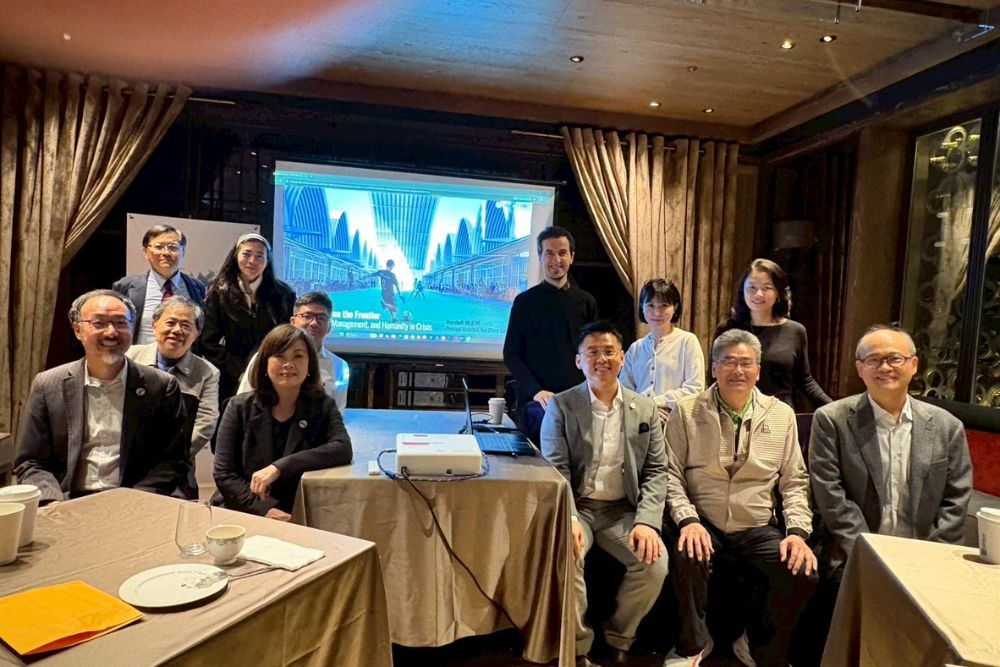




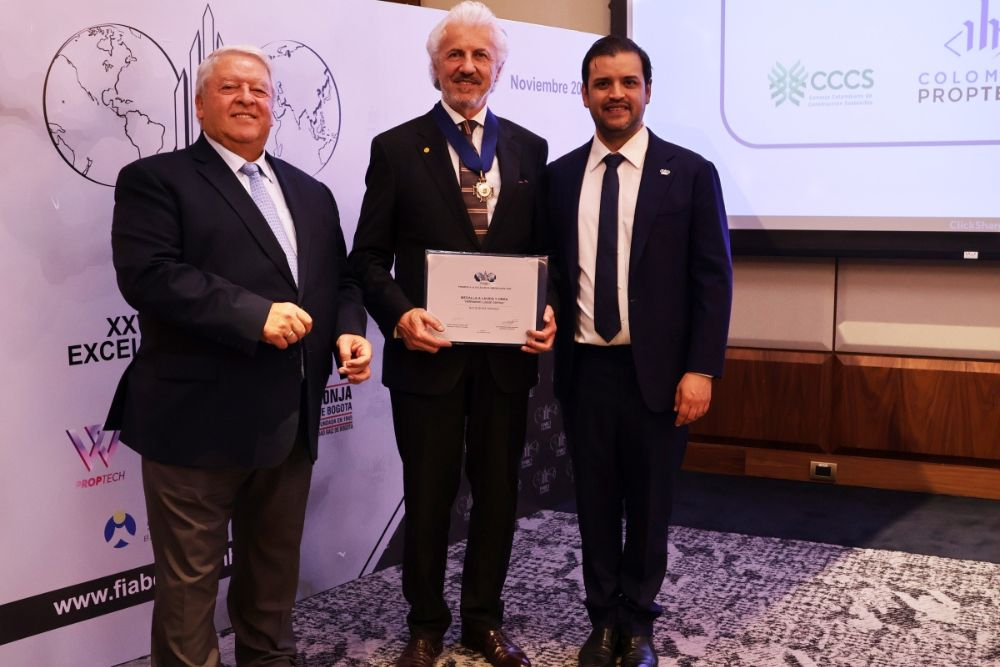

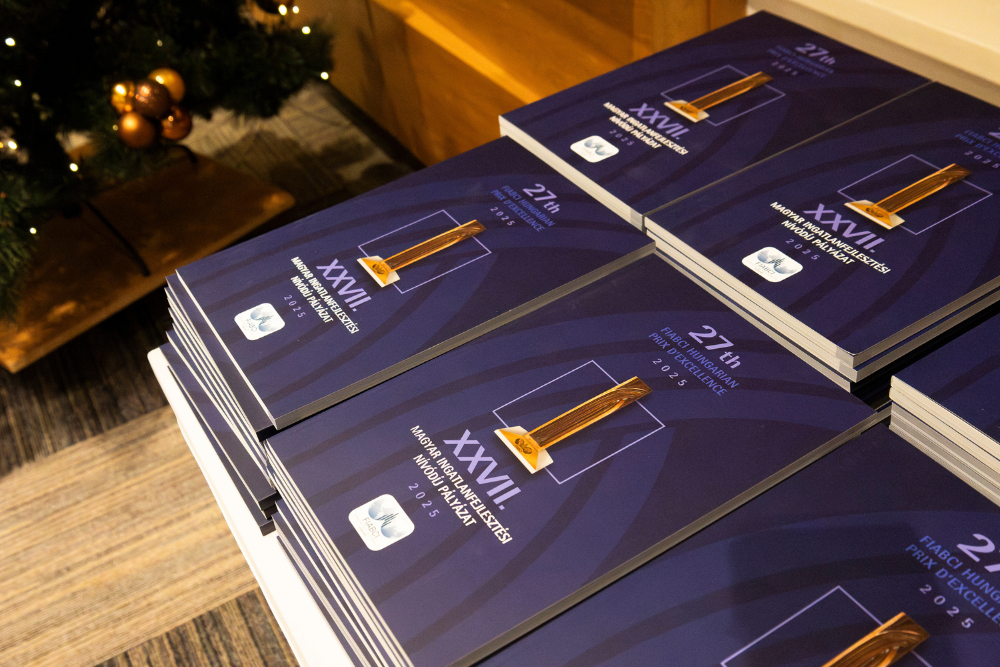
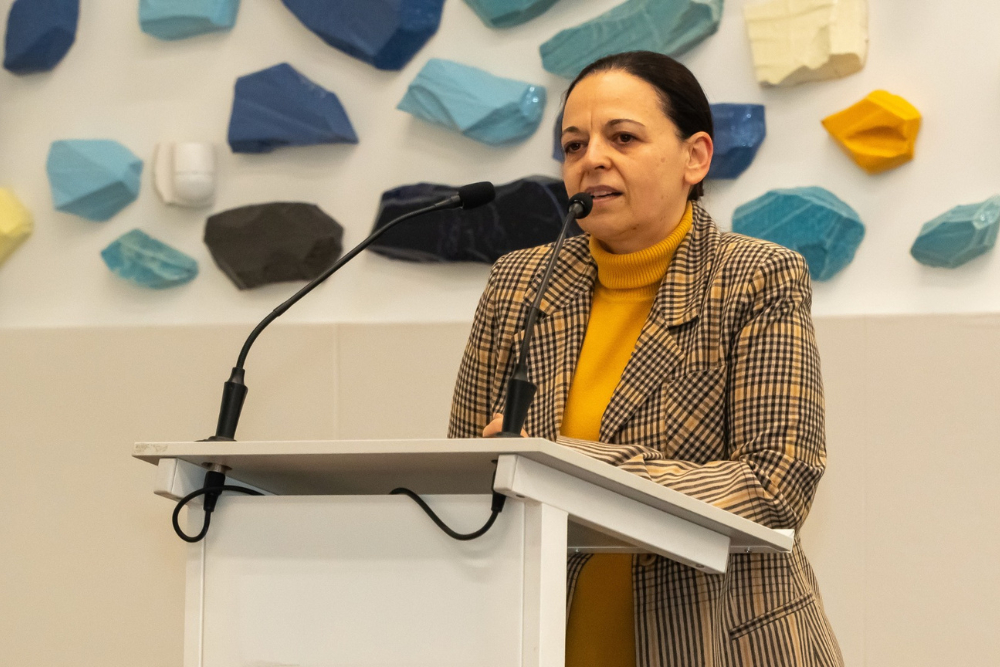






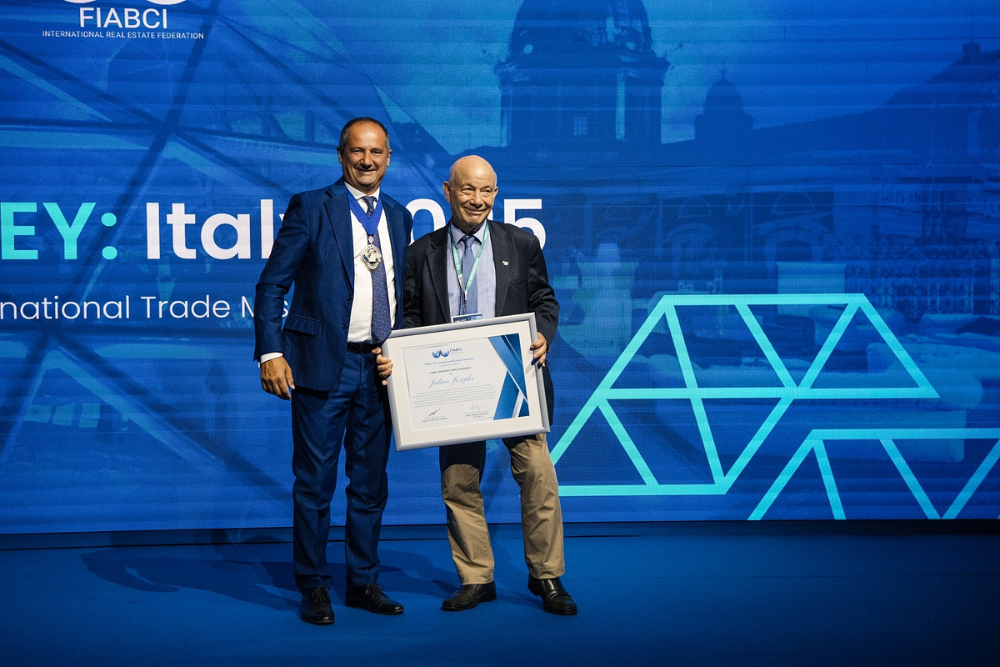


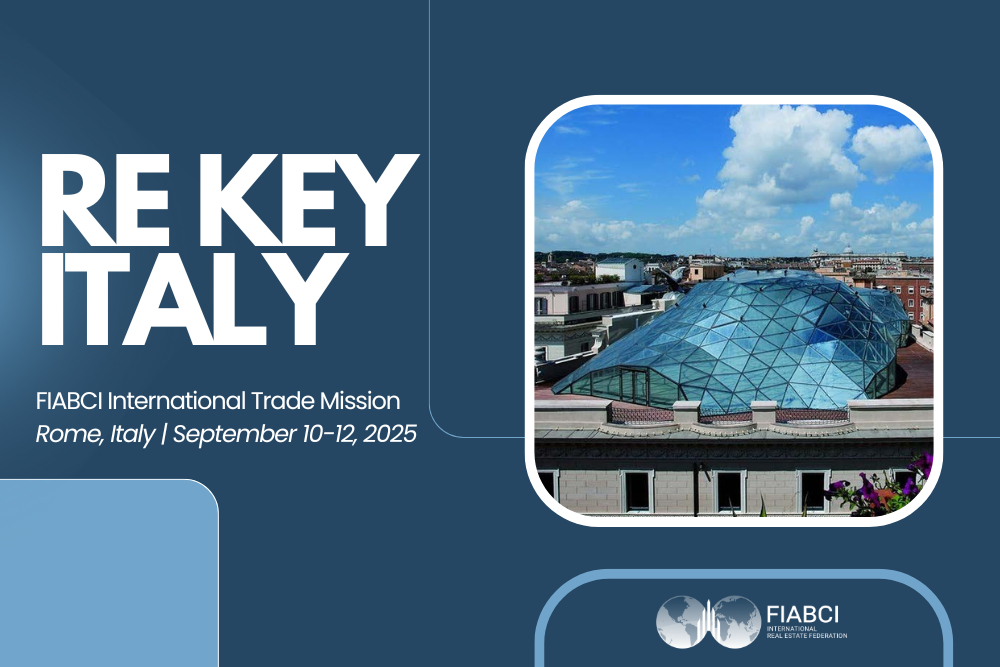
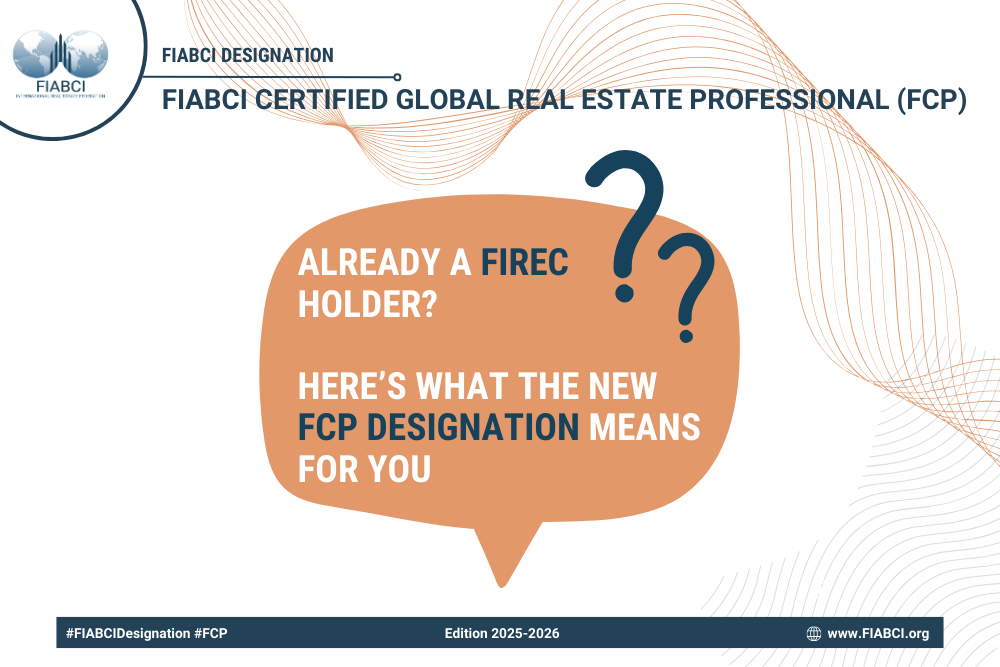


























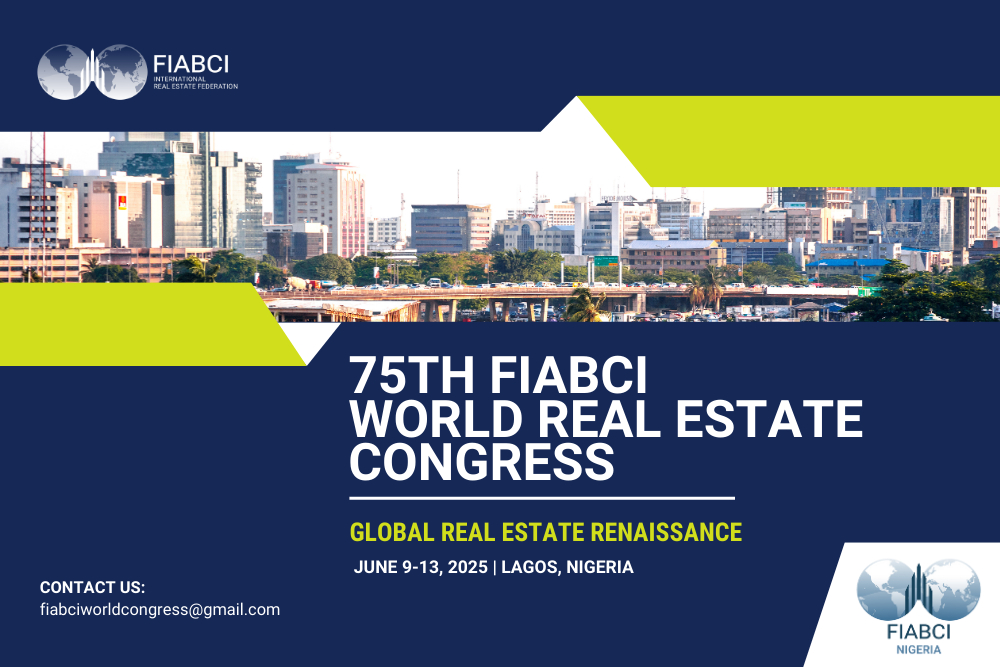










































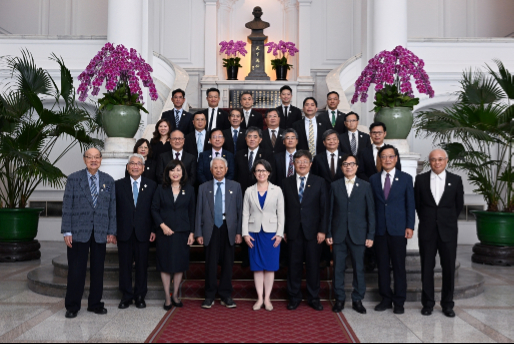













































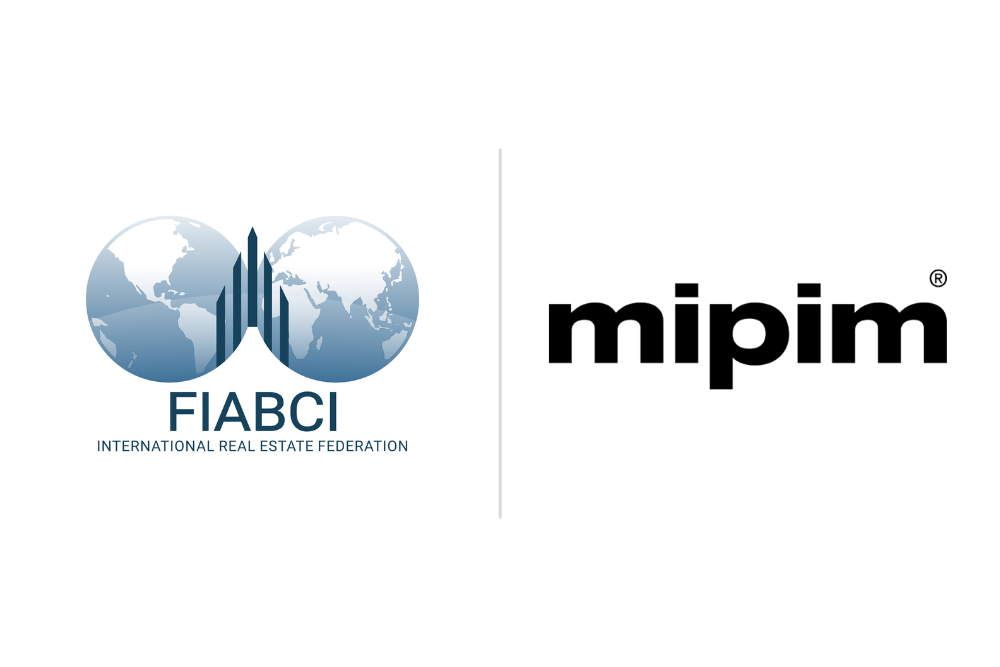


























































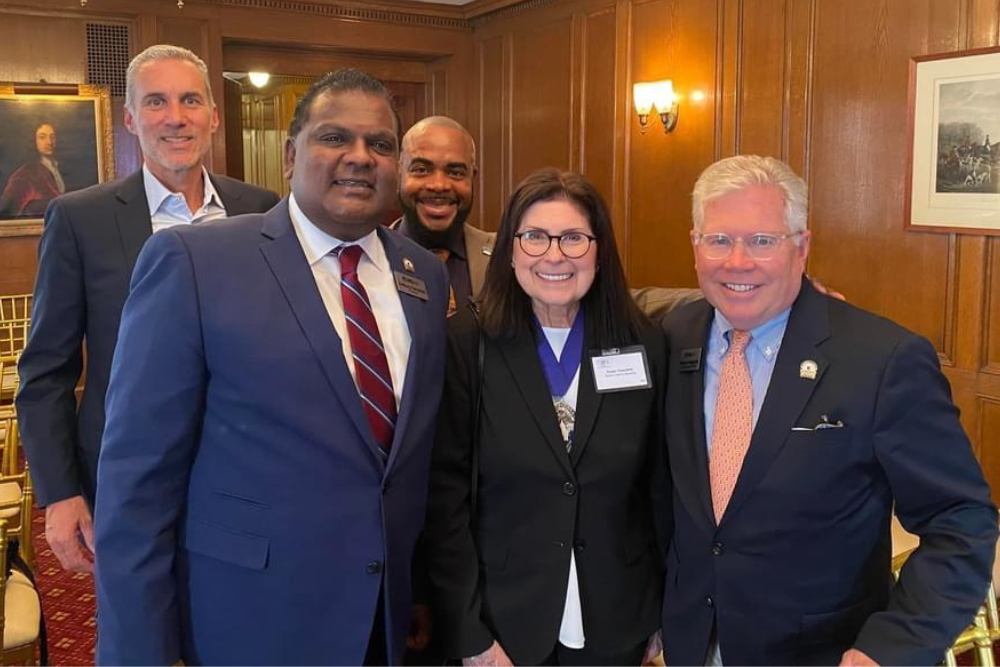

































































































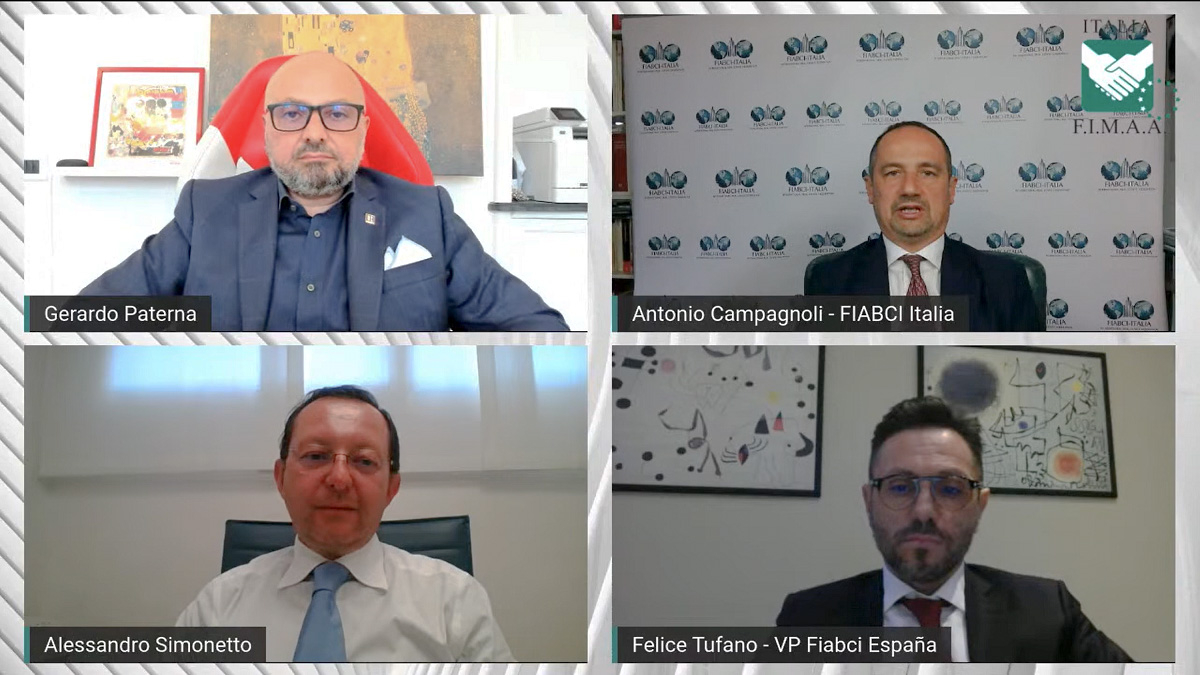


















































![[Webinar Summary] COVID-19: What lies ahead for the Real Estate Industry?](/uploads/news/9i1w05plq2ksbcswuyj5ze2nr.png)
































